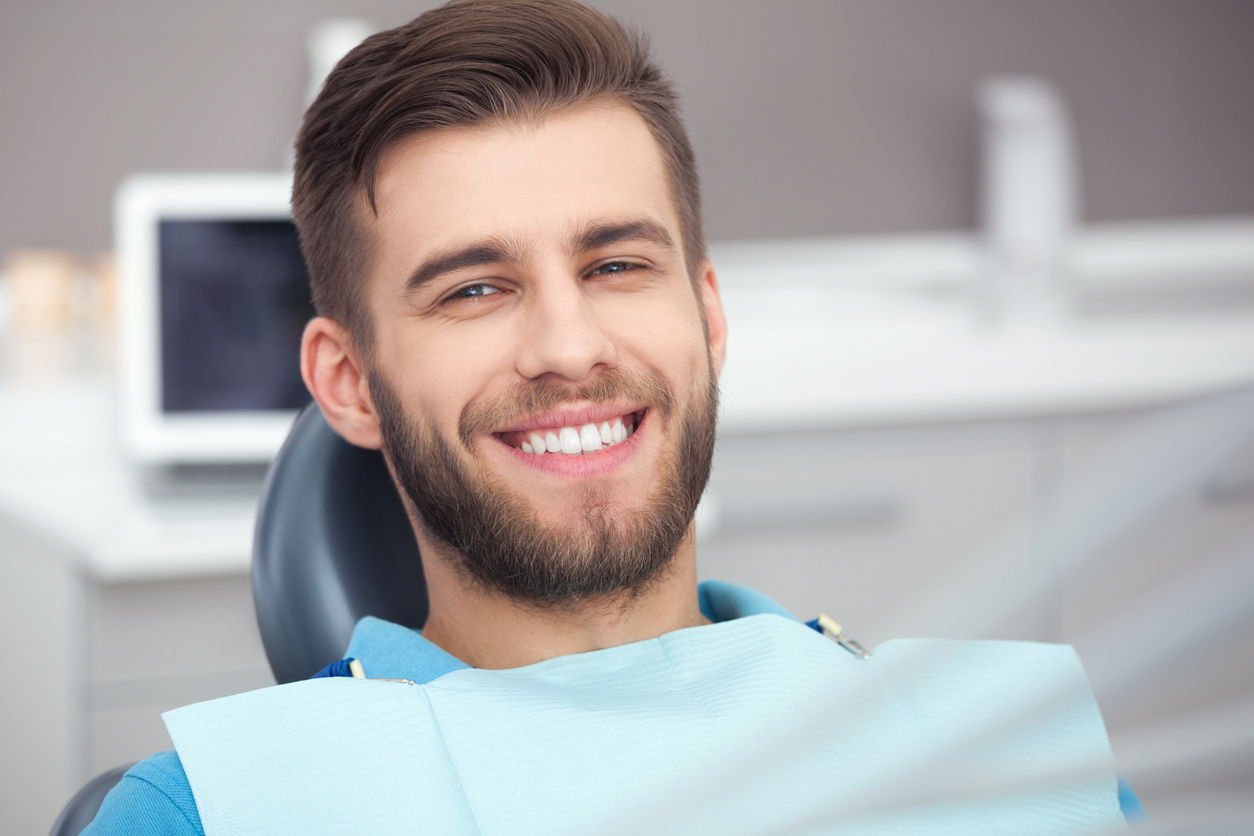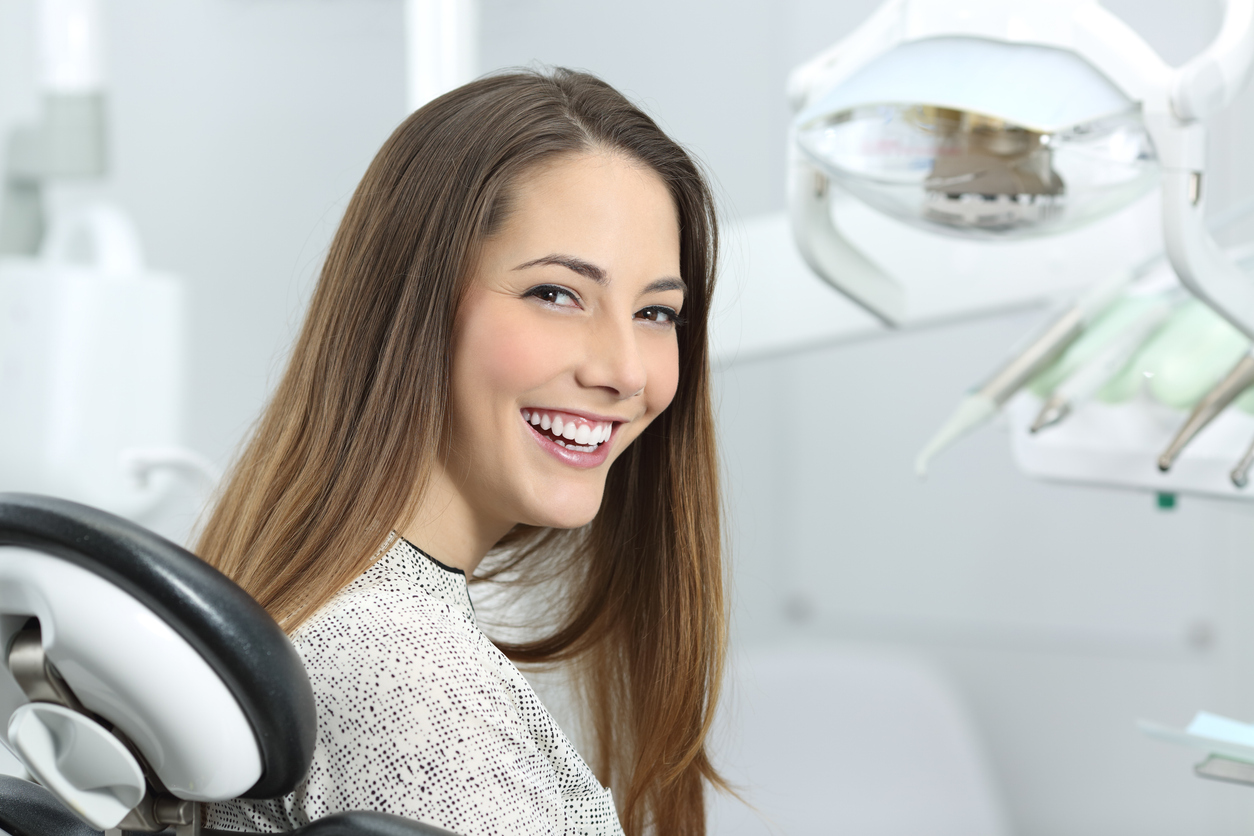As the countdown to the New Year begins and the excitement of midnight approaches, many of us eagerly anticipate the tradition of sharing a kiss to welcome the next chapter. Beyond the romantic and festive nature of New Year’s kisses, have you ever wondered about the science behind this intimate act and its potential impact on the chemistry of your mouth?
In this blog post, we delve into the question: Does kissing truly change the chemistry of your mouth, and could those New Year’s smooches be doing more than just ringing in the calendar change? Join us as we explore the intriguing dynamics of kissing and its potential influence on oral health, blending science with the magic of the season.
While kissing can be a delightful and intimate experience, like any human interaction, it comes with its share of both drawbacks and advantages. To provide a comprehensive perspective, let’s begin by examining the potential downsides before delving into the positive aspects of this affectionate act.
Choose Your Partner Wisely
Kissing a stranger once to draw in the New Year carries certain potential risks, although the likelihood and severity of these risks can vary. Here are some considerations:
- Transmission of Infections: Kissing can potentially transmit infections, including viral infections like the flu or the common cold, as well as bacterial infections. If the person you’re kissing is carrying an infectious agent, there is a risk of transmission.
- Herpes Simplex Virus (HSV): Herpes simplex virus, which causes cold sores, can be transmitted through kissing. If a person has an active cold sore or is shedding the virus, there is a risk of infection.
- Mononucleosis (Epstein-Barr Virus): Mono, often referred to as the kissing disease, is caused by the Epstein-Barr virus. While not exclusive to kissing, close contact, including kissing, can be a mode of transmission.
- Unintentional Injuries: There is a slight risk of unintentional injuries during a kiss, such as bumping teeth or biting, especially if the kiss is unexpected or rushed.
It’s important to note that the likelihood of encountering these risks from a single, brief encounter is generally low. However, practicing good personal hygiene and being cautious about kissing individuals who exhibit signs of illness or have visible sores can help reduce the risk of transmission.
If you have specific concerns about your health or are experiencing symptoms after kissing a stranger, it’s advisable to consult with a healthcare professional for personalized advice and appropriate testing if necessary. Additionally, maintaining good overall hygiene practices, such as regular handwashing, can help reduce the risk of infectious diseases.
The Benefits of Kissing Your Partner Regularly
Now that we’ve talked about the risks of kissing a stranger once, let’s talk about the benefits of kissing your significant other often. Does kissing your partner regularly change the chemistry of your mouth? Yes, kissing your partner regularly may have some potential benefits for the chemistry of your mouth. While it’s not a substitute for good oral hygiene practices, there are a few ways in which kissing can positively impact oral health:
- Stimulating saliva production: Kissing can stimulate the production of saliva, which plays a crucial role in maintaining oral health. Saliva helps neutralize acids, cleanse the mouth of debris, and contains enzymes that aid in digestion.
- Improving mood and reducing stress: Kissing is associated with positive emotions, and the release of feel-good hormones like oxytocin can help reduce stress. Lower stress levels may contribute to better overall health, including oral health.
- Microbial diversity: While there is an exchange of microorganisms during kissing, having a diverse and balanced oral microbiome is generally considered beneficial. Exposure to different bacteria may stimulate the immune system and contribute to a more robust microbial community in the mouth.
- Physical activity for oral muscles: This is stretching it a bit, but it gives you another excuse to practice often. Kissing involves the movement of facial muscles, which can promote circulation and muscle tone. This increased blood flow may have positive effects on oral tissues.
It’s important to note that while kissing can have some potential benefits, it should not replace essential oral hygiene practices. Regular brushing, flossing, and dental check-ups are crucial for maintaining optimal oral health.
Additionally, the impact of kissing on oral health can vary among individuals, and other factors such as diet, lifestyle, and genetics also play significant roles in oral health outcomes. If you have specific concerns about your oral health or notice any changes, it’s advisable to consult with a dentist or periodontist for personalized advice and care.
As we encourage you to embrace the joy of passionate kisses with your chosen partner, we also emphasize the importance of making thoughtful choices in matters of the heart. With that in mind, here’s to a Happy New Year filled with love, laughter, and delightful moments of shared affection. Happy New Year, and may your kisses be as joyful as the year ahead!





